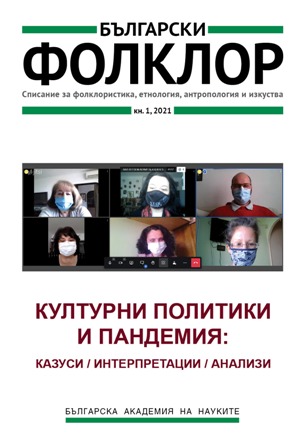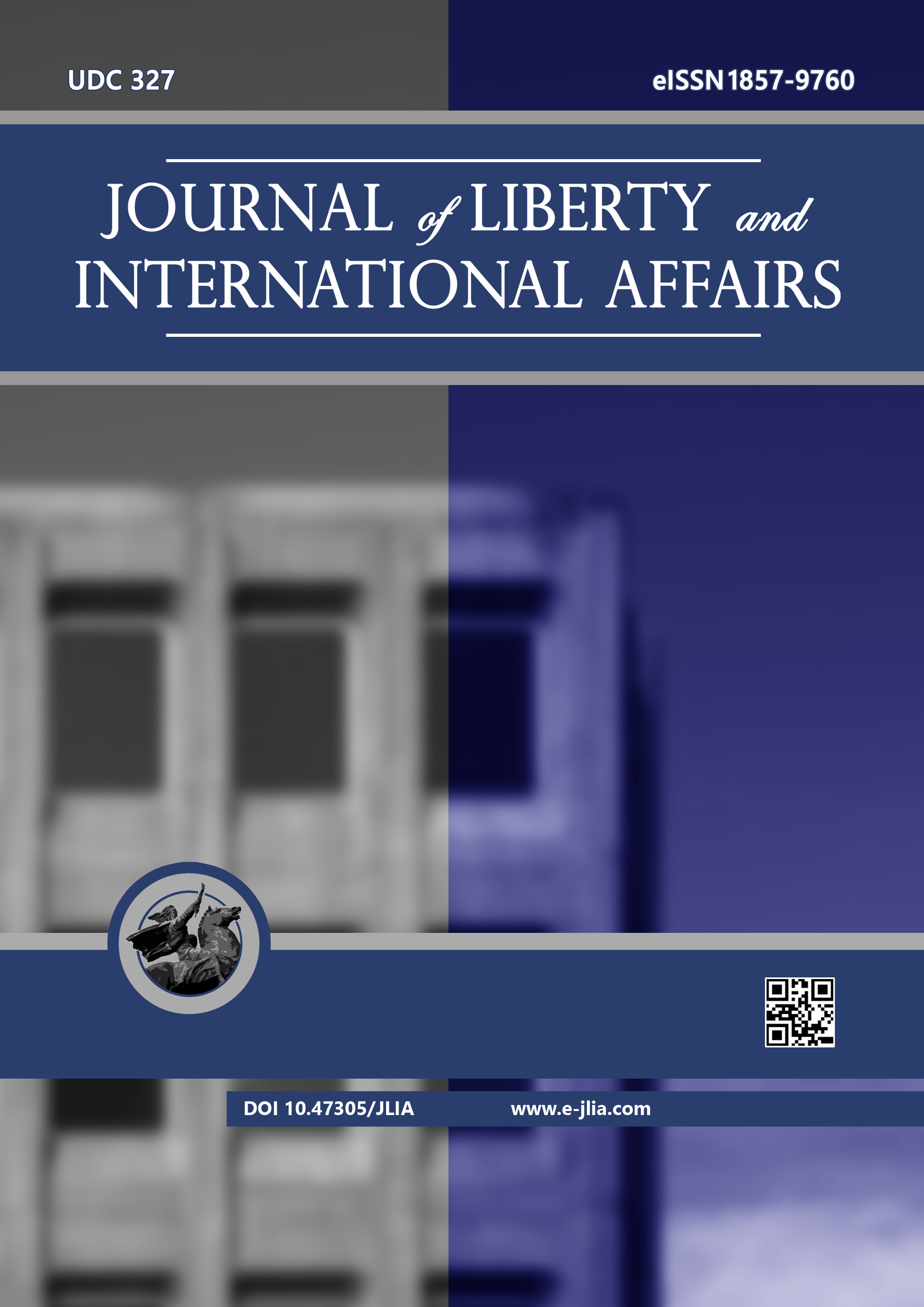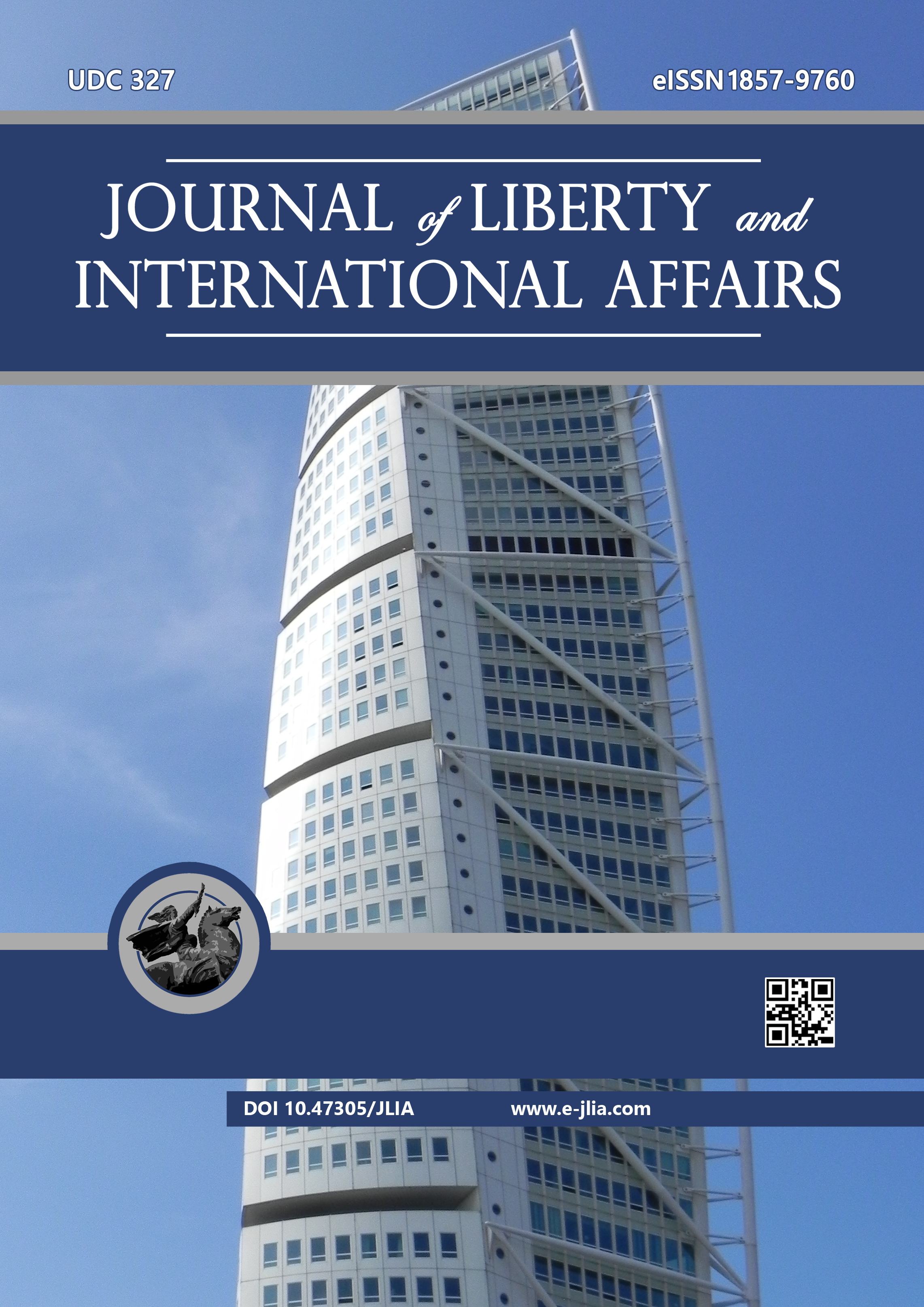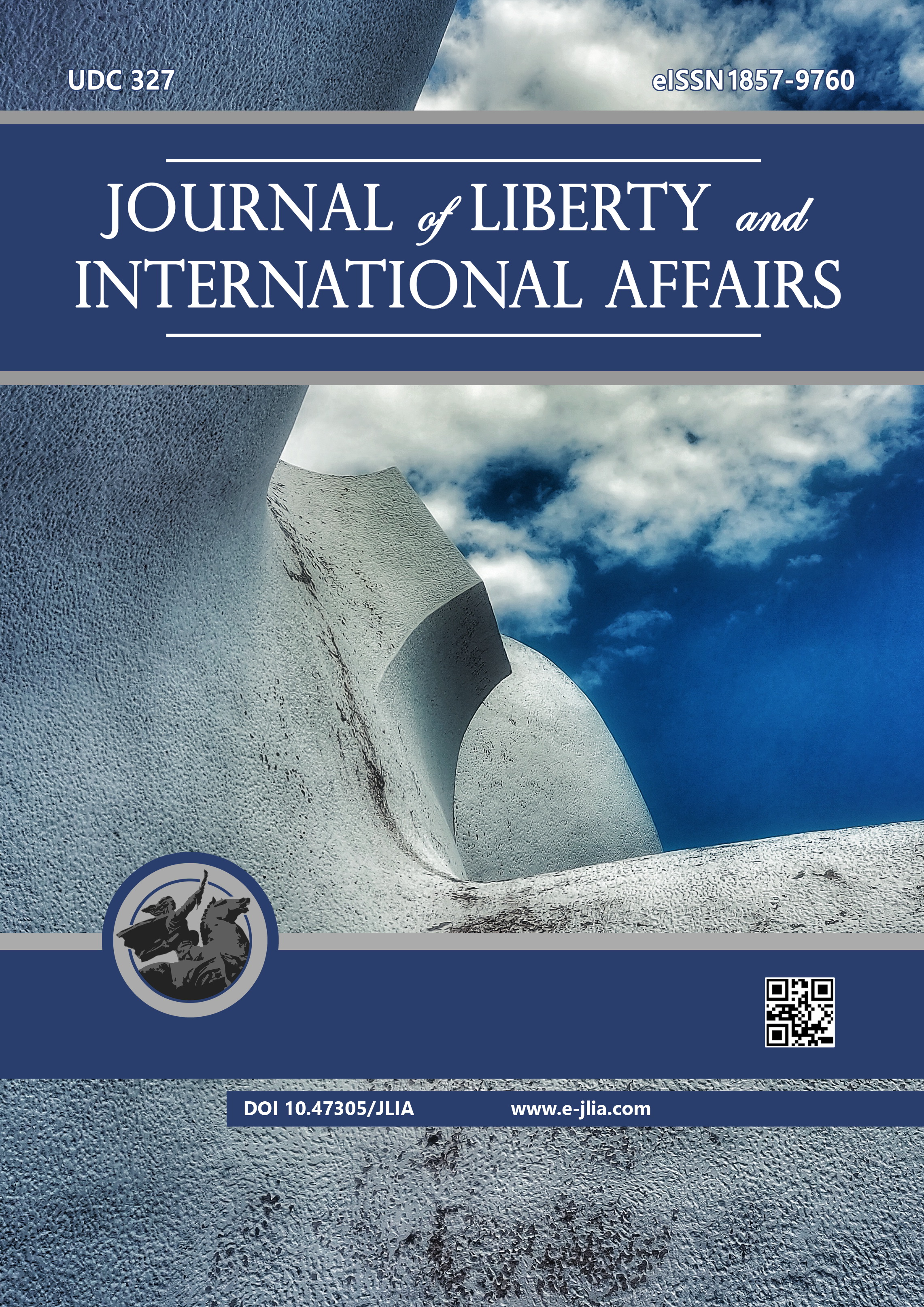
Пандемия, европейски и международни институции, политики…
The article dwells on the situation in Europe and in the world in the sphere of cultural heritage and its preservation in the conditions of the COVID-19 pandemic. Attention is focused on the reactions, decisions and actions taken by the European Council/ Council of the European Union, UNESCO and ICOM.
More...


